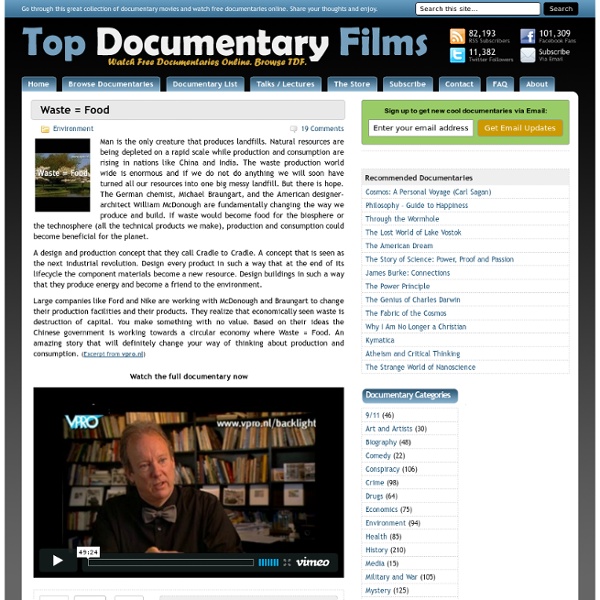A Quiet Revolution: The Earth Charter and Human Potential | Resource Center
A 30-minute film featuring three dramatic case studies of how individuals in India, Slovakia and Kenya have contributed to solving local environmental problems. Narrated by Academy Award-winning actress Meryl Streep, and featuring interviews with UN Secretary-General Kofi Annan and other experts, the film's primary message is that even one person's action can make a dramatic difference. "...feeling powerless to affect the crisis facing humanity, many do nothing. But a growing number of ordinary people are carrying out a quiet revolution." "Sometimes I tell myself, I may only be planting a tree here, but just imagine what's happening if there are billions of people out there doing something. Just imagine the power of what we can do..."--2004 Nobel Peace Prize Laureate Wangari Maathai The film is now available in 8 languages--English, Japanese, Chinese (traditional), Korean, Spanish, French, German and Arabic. Click here to view the full video ▲ Back to top
LEED
Know we're back! We know. "In The Know" took a several week long — unannounced — hiatus. Maggie and I apologize, but we have been working on a number of international efforts that have kept us occupied! In short, we’re back, so is Mad Men, and we have a tremendous amount to share in the coming weeks. I was in China (my distraction) with some of USGBC's leadership at the end of March for a series of meetings, a plaque presentation and, most importantly, seeing LEED in motion... U.S. Washington, D.C. — (April 10, 2014) — The U.S. 3 billion square feet — but who's counting? At USGBC, we've had no shortage of notable milestones of late. LEED committee self-nominations close on April 10 A reminder for those interested in working with volunteer experts in the development and maintenance of the LEED rating system: The current LEED Committee Call for Volunteers is scheduled to close on Thursday, April 10th at 5:00 pm PST.
Green The Film
Cradle to Cradle Products Innovation Institute
Films For Action Presents: The Top 100 Documentaries Inspiring the Shift to a Sustainable Paradigm
By Films For Action / filmsforaction.org Film offers us a powerful tool to shift awareness and inspire action. By hosting community film screenings and sharing them online, they offer a method to break our dependence on the mainstream media and become the media ourselves. We don't need to wait for anyone or anything. Just imagine what could become possible if an entire city had seen just one of the documentaries below. Just imagine what would be possible if everyone in the country was aware of how unhealthy the mainstream media was for our future and started turning to independent sources in droves. Creating a better world really does start with an informed citizenry, and there's lots of subject matter to cover. Our society needs a new story to belong to. But most of all, we need to see the promise of the alternatives - we need to be able to imagine new exciting ways that people could live, better than anything that the old paradigm could ever dream of providing. Community Suggestions
Wall of Films! | Over 500 Social Change Documentaries on 1 Page
Just imagine what could become possible if an entire city had seen just one of the documentaries above. Just imagine what would be possible if everyone in the country was aware of how unhealthy the mainstream media was for our future and started turning to independent sources in droves. Creating a better world really does start with an informed citizenry, and there's lots of subject matter to cover. From all the documentaries above, it's evident that our society needs a new story to belong to. The old story of empire and dominion over the earth has to be looked at in the full light of day - all of our ambient cultural stories and values that we take for granted and which remain invisible must become visible. But most of all, we need to see the promise of the alternatives - we need to be able to imagine new exciting ways that people could live, better than anything that the old paradigm could ever dream of providing. So take this library of films and use it.



